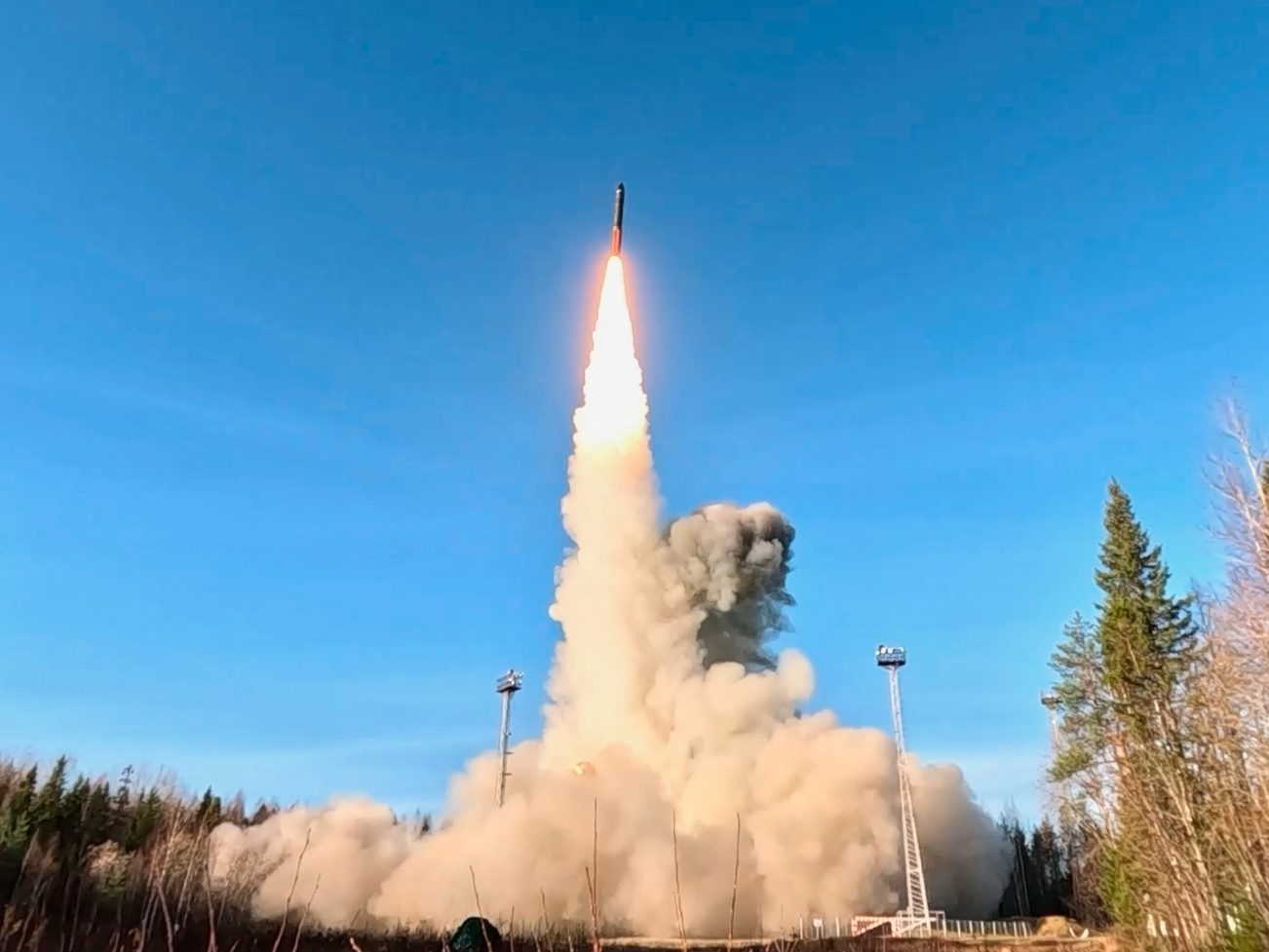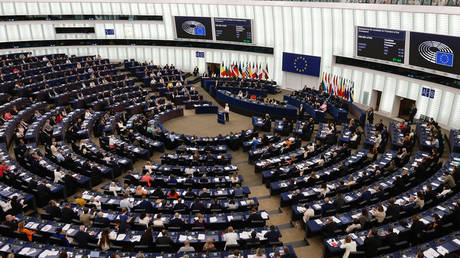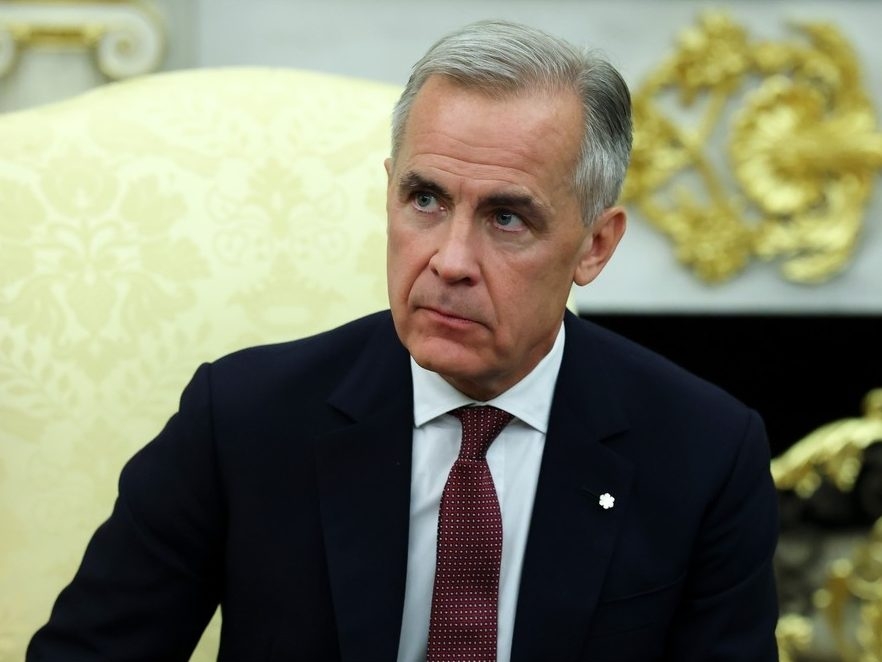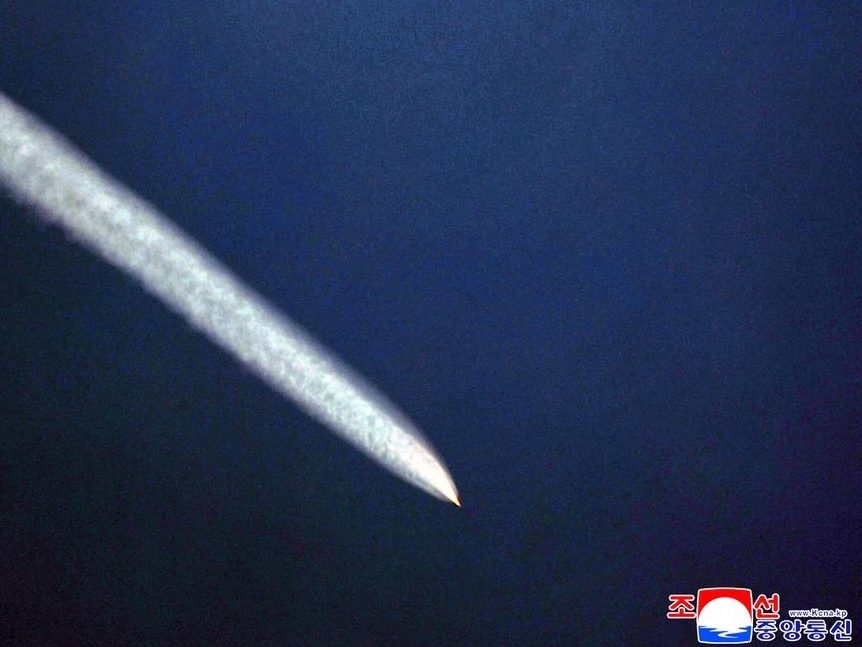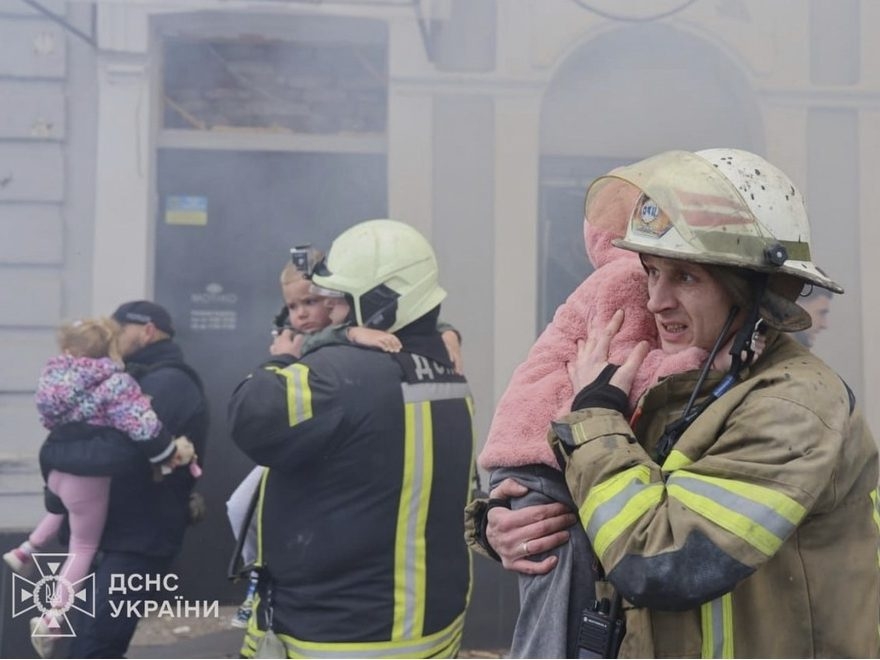Rwanda has renewed its call for the international community to end impunity by bringing to justice the masterminds and perpetrators of the 1994 Genocide against the Tutsi who still roam freely in different parts of the world, more than three decades later.
Speaking at the United Nations General Assembly on October 22, Rwanda’s Permanent Representative to the UN, Ambassador Martin Ngoga, said it is unacceptable that over 1,400 indicted fugitives remain at large, with some using the countries that sheltered them to promote genocide denial and revisionism.
ALSO READ: Rwanda’s UN envoy makes case for registry on international criminal matters
“Justice delayed is justice denied,” Ngoga told the Assembly, which had gathered to receive and deliberate on the annual report of the UN International Residual Mechanism for Criminal Tribunals.
The mechanism took over from the International Criminal Tribunal for Rwanda, a UN court that was set up to try masterminds of the 1994 Genocide against the Tutsi.
Ngoga during his address said that the mechanism, and the tribunal that came before that, remain indispensable pillars in the collective effort to bring to book those who planned and implemented the Genocide.
“At the same time, we must speak candidly about the remaining gaps, the persistent challenges to cooperation and the imperative to safeguard the legacy we have built,” he told the assembly.
He said the world still has unfinished business in the fight against genocide impunity.
“The UN Tribunal, with all its flaws, did its work. But the rest of the international community still has homework to complete—to ensure that the remaining fugitives face justice,” he said adding that the over 1400 fugitives continue to roam the world freely, despite being accused of the most serious crimes in international laws.
ALSO READ: Tracking genocide fugitives: why so few have been tried
Rwanda, he added, remains open to two paths: extraditing fugitives to be tried where their crimes were committed or supporting their prosecution in host countries that have the legal frameworks to do so.
As the UN reviews the future of the IRMCT, Ngoga reaffirmed Rwanda’s readiness to uphold the legacy of international criminal justice, including hosting convicted persons and taking custodianship of the Tribunal’s judicial archives.
“For Rwanda, enforcing sentences is not a burden but a continuation of our national journey towards justice, reconciliation, and the rule of law that began after 1994,” he said.
Rwanda has been part of the Agreement on the Enforcement of Sentences since 2008 and remains in full compliance with international standards. Ngoga said the country is prepared to take responsibility for 25 convicted persons currently under the Mechanism’s supervision.
He also confirmed Rwanda’s willingness to receive six individuals who were acquitted or released and relocated to Niger, saying their case should set a precedent for managing both convicts and those who have completed their sentences.
Ngoga emphasized that Rwanda’s experience in managing Gacaca and genocide archives makes it best suited to preserve the ICTR and IRMCT records, which he described as “repositories of memory, testimony, and truth.”
“The nightmare of impunity must not outlast the institutions we built to confront it,” he said, warning against the growing threats of genocide denial and distortion that continue to inflict pain on survivors and undermine reconciliation.
As the IRMCT nears the end of its mandate, Rwanda has offered to ensure continuity of its mission and preserve the spirit of justice that guided the ICTR.
“Rwanda stands ready to help carry forward the achievements of international criminal justice, ensuring that justice, dignity, and truth remain at the heart of our shared commitment to accountability,” Ngoga said.
As part of the completion strategy of the tribunal before ceding its activities to the Hague-based Mechanism, transferred most of the remaining files to Rwanda, but little has been done in that regard.
The last ICTR-indicted fugitive, Fulgence Kayishema, despite having been arrested in June 2023 in South Africa, is yet to be transferred to Rwanda for trial.

